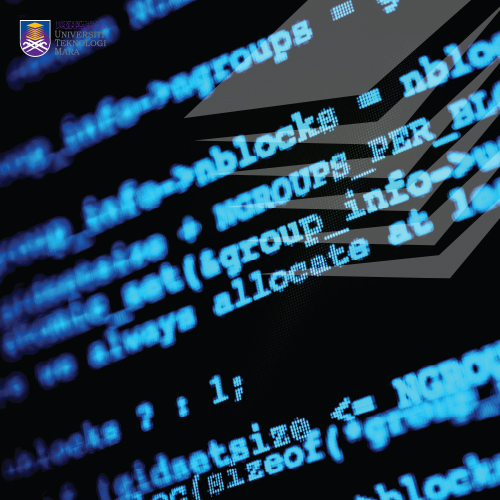Course Syllabus
The Executive Branch
Conference of Ruler & YDPA
The Legislative
Dewan Rakyat & Dewan Negara, Legislative Process
The Judiciary
Structure of Court System in Malaysia, Roles & Function of Judiciary
Special Power against Subversion & Emergency
Article 150 & Article 149
The Malay & Bumiputera Rights
The Constitutional Rights of Malay and Bumiputera
Conference of Ruler & YDPA
The Legislative
Dewan Rakyat & Dewan Negara, Legislative Process
The Judiciary
Structure of Court System in Malaysia, Roles & Function of Judiciary
Special Power against Subversion & Emergency
Article 150 & Article 149
The Malay & Bumiputera Rights
The Constitutional Rights of Malay and Bumiputera
Frequently Asked Questions
Q1 : What is a constitutional monarchy system under the Malaysian context?
A1 : Malaysia is a federal constitutional monarchy, which means that the country has a king as the head of state, and a constitution that outlines the powers and responsibilities of the government. The Malaysian monarchy is a unique system in that the king, known as the Yang di-Pertuan Agong, is elected among the nine hereditary rulers of the Malay states for a term of five years. The selection is based on a rotational system, where each ruler takes turns serving as the king. The role of the king in Malaysia is largely ceremonial, as the country is governed by a parliamentary system.
Q2 : How does the parliamentary system functions in Malaysia?
A2 : A parliamentary system in Malaysia refers to the system of government in which the executive branch of government, led by the Prime Minister, is accountable to the legislative branch, which is made up of two houses of parliament: the Dewan Rakyat (House of Representatives) and the Dewan Negara (Senate). In the parliamentary system of Malaysia, the Dewan Rakyat is the lower house of parliament and consists of elected members of parliament (MPs) who are elected by the people in general elections held every five years. The Dewan Negara is the upper house of parliament, comprising of appointed members and elected representatives from each of the 13 states of Malaysia. The Prime Minister is appointed by the King, who is the head of state, from among the members of the Dewan Rakyat. The Prime Minister then selects a cabinet of ministers from among the MPs, who are responsible for the day-to-day administration of the government. The Malaysian parliamentary system is based on the principle of responsible government, which means that the government is accountable to the people through their elected representatives in parliament. The parliament has the power to pass laws, approve the national budget, and hold the government accountable for its policies and actions. Overall, the parliamentary system in Malaysia has been effective in ensuring democratic governance and stability, with peaceful transitions of power between different political parties and a balance of power between the executive and legislative branches of government.
A1 : Malaysia is a federal constitutional monarchy, which means that the country has a king as the head of state, and a constitution that outlines the powers and responsibilities of the government. The Malaysian monarchy is a unique system in that the king, known as the Yang di-Pertuan Agong, is elected among the nine hereditary rulers of the Malay states for a term of five years. The selection is based on a rotational system, where each ruler takes turns serving as the king. The role of the king in Malaysia is largely ceremonial, as the country is governed by a parliamentary system.
Q2 : How does the parliamentary system functions in Malaysia?
A2 : A parliamentary system in Malaysia refers to the system of government in which the executive branch of government, led by the Prime Minister, is accountable to the legislative branch, which is made up of two houses of parliament: the Dewan Rakyat (House of Representatives) and the Dewan Negara (Senate). In the parliamentary system of Malaysia, the Dewan Rakyat is the lower house of parliament and consists of elected members of parliament (MPs) who are elected by the people in general elections held every five years. The Dewan Negara is the upper house of parliament, comprising of appointed members and elected representatives from each of the 13 states of Malaysia. The Prime Minister is appointed by the King, who is the head of state, from among the members of the Dewan Rakyat. The Prime Minister then selects a cabinet of ministers from among the MPs, who are responsible for the day-to-day administration of the government. The Malaysian parliamentary system is based on the principle of responsible government, which means that the government is accountable to the people through their elected representatives in parliament. The parliament has the power to pass laws, approve the national budget, and hold the government accountable for its policies and actions. Overall, the parliamentary system in Malaysia has been effective in ensuring democratic governance and stability, with peaceful transitions of power between different political parties and a balance of power between the executive and legislative branches of government.






